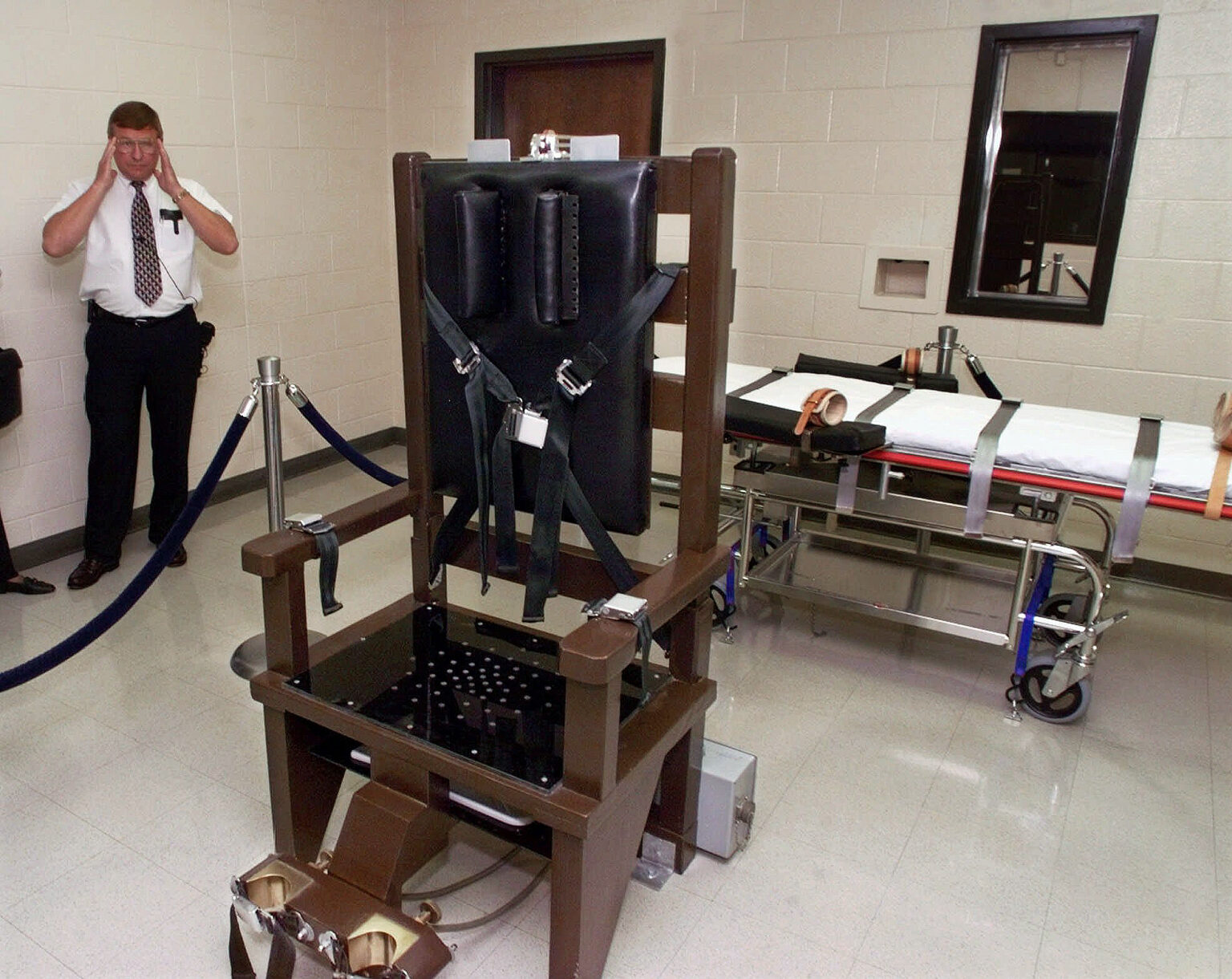
Tennessee will soon resume executions, after an Associated Press investigation led the state to pause all lethal injections and redesign its protocol.
The Tennessee Department of Corrections will use a single-drug protocol, according to a press release issued Friday morning. It will rely on pentobarbital, a sedative that is notoriously difficult for governments to source.
“I am confident the lethal injection process can proceed in compliance with departmental policy and state laws,” said TDOC Commissioner Frank Strada.
Gov. Bill Lee has been advocating for the return of executions, but he has said they need to be safe and regulated.
“That is what I’m focused on: getting that protocol right before we contemplate looking at any cases,” he said in an August media briefing.
Tennessee’s moratorium on executions came after an investigation found several issues with the state’s administration of lethal injection. It found that the workers in charge of procuring the hard-to-find drugs had no medical training; the drugs weren’t being tested for toxins; and there was no training for how to safely store or handle the medications.
The release does not explain why Tennessee is abandoning its former three-drug protocol. It’s the model most states use, which employs a sedative, a paralytic, and then something to stop the heart. But the federal government made a similar switch in 2019 under the Trump Administration. (It hadn’t conducted an execution since 2003.) Critics say it’s because all of the drugs are difficult to source, so it could be easier to look for one instead of three.
Tennessee will become the ninth state to use pentobarbital as the sole drug in executions. That’s a sedative, and it kills the person by essentially causing an overdose. The brain and body shut down while the person is sedated.
The drugs are hard to find because several drugmakers refuse to sell their products to state and federal governments for executions. For example, Pfizer announced it was banning the use of its medications for lethal injection, saying their products are meant to heal people and not kill them.
That has created a sense of desperation in the governments trying to execute people. In Tennessee, officials considered buying the drugs from veterinarians because it’s used to euthanize pets. It has become common to turn to compounding pharmacies, which can make copies of drugs. These are commonly used when a patient is allergic to an ingredient in a drug they need, or to make versions of over-the-counter drugs that are easier for children to take. But the copies aren’t regulated by the U.S. Food and Drug Administration, and regulators warn they can be dangerous.
This year, NPR found a Texas compounding pharmacy that was creating pentobarbital for executions had an extensive history of health and safety violations.
Tennessee was one of several states making strides to resume executions in 2024. Others included Idaho, Arizona and South Carolina. Earlier this year, Utah adopted a similar single-drug protocol. The state scrapped a controversial experimental protocol that would have used ketamine and fentanyl.




